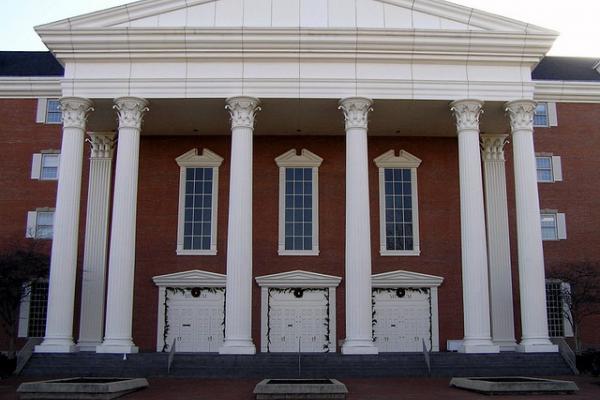Jan 6, 2016
What is revealed to the world at the Epiphany in the Incarnation is that God’s language to the world is embodied Love. Jesus, whom Muslims revere as a prophet, is the message of God’s love for those who were previously deemed beyond love’s boundaries. What Jesus reveals through his life, death, and resurrection is that it is we humans who cast out, and God who draws in. God’s love excludes no one. Jesus is God’s revelation that Love has no boundaries.
Read the Full Article

Already a subscriber? Login
